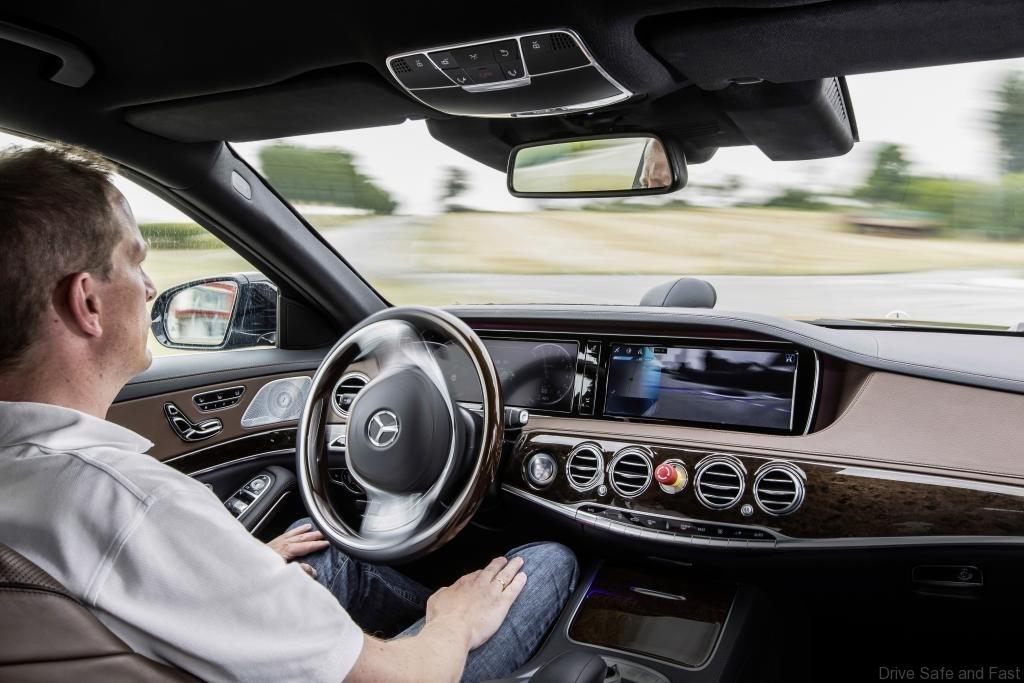Chinese consumers could stand the automotive industry’s conventional wisdom about automated driving on its head in the not-too-distant future. Rolf Kremer, CEO-Chinese operations for German supplier Continental, says he has found Chinese consumers are more receptive to new technology than are consumers in the U.S.
Kremer says he has come to believe automated or autonomous driving, where the car basically pilots itself, now is a possibility. Continental expects to have highly automated systems ready for deployment in 2016, partially automated driving could be ready by 2020 and fully automated driving could be ready by 2025.
The prevailing view that automated systems first will be used in Europe and North America is being challenged by interest in China in what Frank O’Brien, executive vice president of Magna International, calls the digital lifestyle. There are more regular users of the Internet in China than anywhere else in the world, he notes, saying it is one of the megatrends that are shaping life in the country. Magna has found Chinese consumers’ interest in connected cars goes beyond entertainment and extends to technology that can help make them safer in the car. Traffic accidents claim 100,000 lives annually in China. China’s national government and local governmental units, which play a substantial role in the development of the country’s massive automobile industry, also are interested in using the Internet to make the country’s roads safer and save energy. But China also needs to require that vehicles come equipped with electronic stability control, which is a critical element in engineering an automated vehicle.
The connected car, which represents the convergence of the automobile industry and Silicon Valley, utilizes the Internet not only as a stepping stone toward the autonomous vehicle but also as a means of delivering services to customers and improving fuel economy by constantly monitoring engine performance. Both applications are of great interest to Magna, which has invested in California-based startups.
Patrick Gardiner, president-global automotive for Nielsen USA, says his company research’s research shows consumers in China are more open to the notion of automated driving than those in Germany and the U.S., where smaller percentages of drivers indicate an interest in autonomous vehicles that can handle commuting, short trips and even road trips.
Chinese consumers not only are interested in technology they believe would make driving easier, but also are willing to pay extra for connected cars’ services than their American counterparts. Only about 10% of Americans would agree to pay for the services but 42% of Chinese say they would be willing to pay the equivalent of between $90 and $250 for the services, Nielsen research found.







